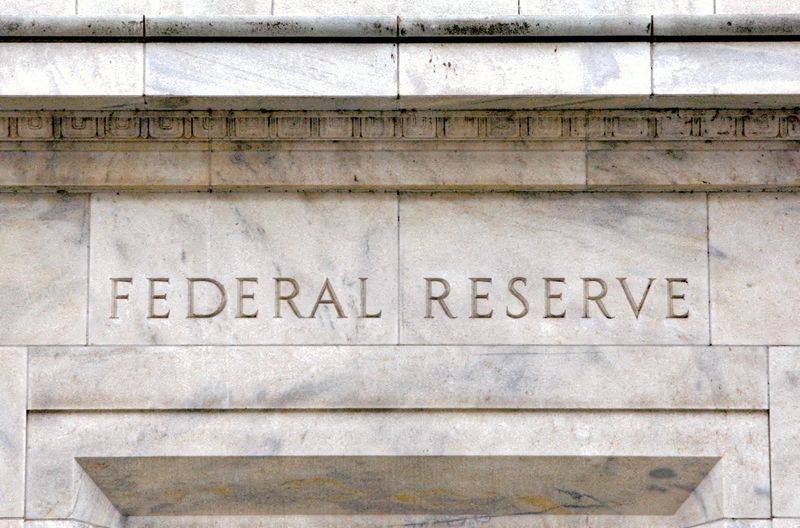Investing.com’s stocks of the week
By Michael S. Derby
(Reuters) - Americans had a mixed take on the outlook for inflation last month, as they downgraded their views on their personal financial situations and predicted a big cooling in the rise of college costs, according to a new survey from the Federal Reserve Bank of New York.
Poll respondents believe inflation a year from now will stand at 3.7% versus the predicted 3.6% gain in August, while they see three-year ahead inflation at 3% as of September, from the prior month’s 2.8%. But even as the nearer term outlook for expected inflation deteriorated a bit, respondents to the bank’s latest Survey of Consumer Expectations projected inflation five years from now will stand at 2.8%, versus 3% in the August survey.
The public’s take on inflation came amid little changed expectations for key price changes for things like gas and rent, although respondents expect higher food costs. The survey also found respondents predicting a record moderation in expected levels of college price increases a year from now at 5.8% in September from August’s projected 8.2% rise. The survey dates back to 2013.
The New York Fed survey arrives amid a moderation in the overall pace of inflation that’s helped open the door to the central bank ending the aggressive rate rises that were aimed at bring inflation back to the Fed’s 2% target.
The Fed’s preferred price pressure barometer, the personal consumption expenditures prices index, was up by 3.5% in August from the same month a year ago, while prices stripped of food and energy stood at a 3.9% gain over the same period. Fed officials have repeatedly welcomed the relative stability of inflation expectations as they believe that's helped guide actual price pressures back to the target.
The New York Fed report also found rising concern about respondents’ personal financial situations, with mounting anxiety about access to credit. The possibility of missing a debt payment over the next three months also rose in September.
While the report did not comment directly on the situation, the restart of student loan repayments may be weighing on some consumers. A note from Oxford Economics said a pullback in consumer credit levels in August may be tied to some consumers embracing the repayment schedule early.
The New York Fed also noted in its report that “labor market expectations were mixed with unemployment expectations deteriorating and perceived job loss risk improving,” while respondents reported projecting small income and earnings gains.
Expected spending levels held steady in September at 5.3%, which the bank said was well above where that measure stood before the coronavirus pandemic struck.
